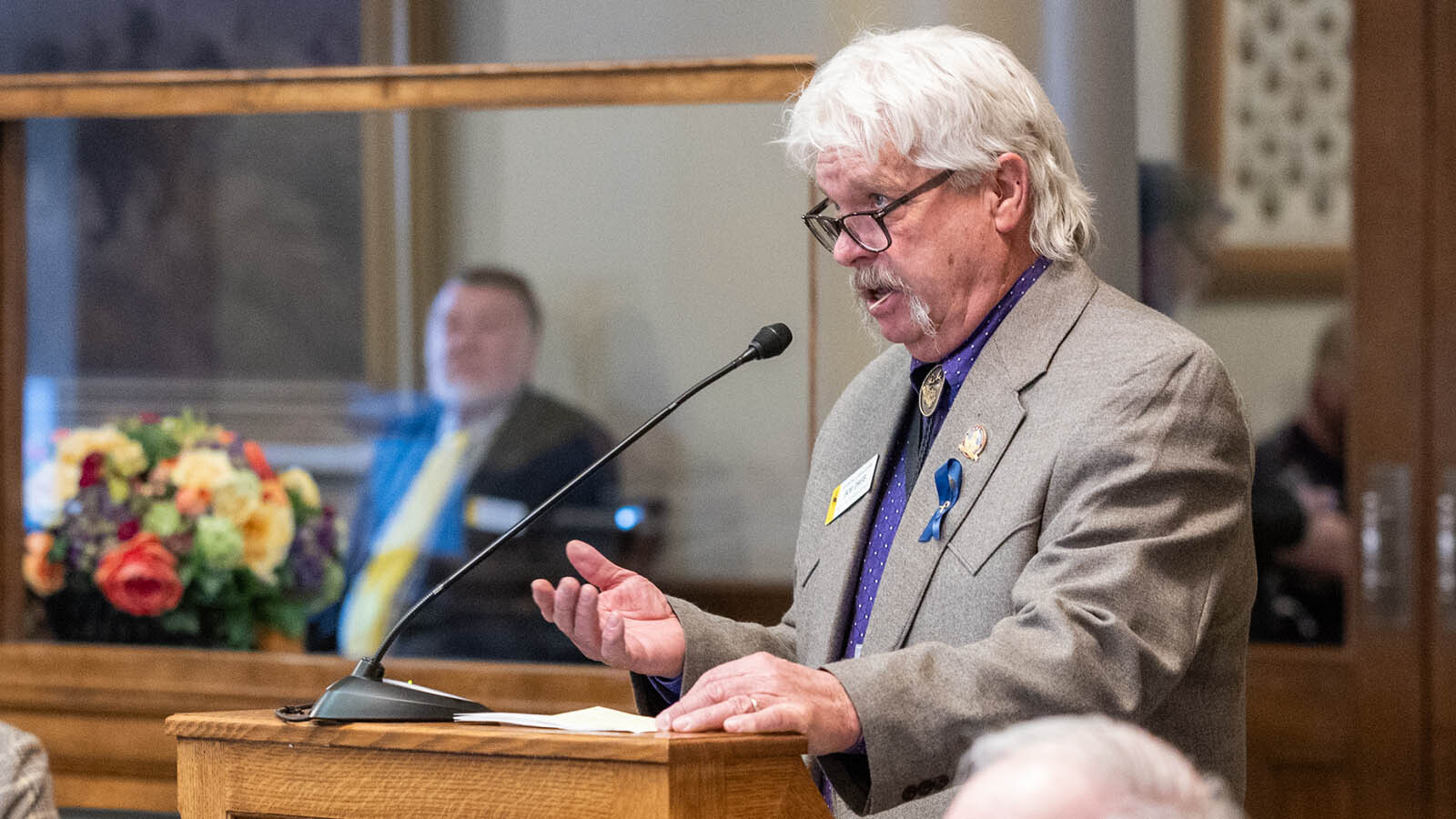Travel
Students Use Oldenborg Travel Grants to Delve into Irish Music, French Regional Language | Pomona College in Claremont, California – Pomona College

Music major Willa Albrecht ’25 loves to sing. No wonder, then, that she came home from her study away semester in Dublin with a deep love of Irish traditional music—“trad,” as it is often called. She’s channeling that passion into her senior project, with help from a 2024 Oldenborg International Research and Travel Grant that took her back to Ireland for a deeper dive into the music, the artists and the places where the magic—the “nyah”–comes to life.
“The summer travel grants provide students the opportunity to fully immerse themselves in the language and culture they are studying and to do fieldwork for their senior thesis,” says Eileen J. Cheng, professor of Asian Languages & Literatures and faculty director of the Oldenborg Center. “Grant recipients often tell us how transformative the summer experience was for them. The immersion in another culture often also enabled them to see their own culture and themselves with new eyes.”
What stood out most powerfully for Albrecht during her semester away in Ireland was the “singing sessions” at the Cobblestone Pub, reputed to be the best in Dublin for trad music. On a Sunday evening once a month, 30 to 40 amateur musicians converged on a back room at the pub and as the lights were dimmed, one by one they would rise and share a song. “It was this really beautiful experience for me,” Albrecht says. “This musical tradition that I was witnessing was really important to Ireland as a country and as a culture.”
Returning to Pomona after her time in Dublin, Albrecht had three questions: How has Irish trad music become so essential to Ireland’s cultural identity? How has the tradition and its performance remained so alive and vibrant, even today? And, what makes this tradition so inherently communal?
The travel grant allowed Albrecht to seek answers firsthand as she attended the Fleadh Cheoil, the world’s largest Irish music festival, held last August 4-11 in Wexford. She says it attracted thousands of musicians, observing that “every single storefront had somebody singing or playing the fiddle.” As in Dublin, the highlight for her was the singing sessions. “I’m pretty sure almost no one in the room knew anyone else outside of their own close friends that they came with,” she says. “But there was just this really, really amazing communal sense that I felt.”
“Irish trad music builds community by blurring the line between audience and performer,” Albrecht discovered. Regardless of whether they were 10 years old or 80, every audience member could become a performer. “If someone was singing a song everyone knew, people would just join in,” she recalls. “It was great, great fun.”
Albrecht was struck with what drew her to some of the performers. It wasn’t vocal agility, pitch or other technical traits valued in the Western musical tradition. “It was people that I could not help but feel this emotional connection with,” she says, which she discovered was known as “nyah.” It can’t be taught, and it’s hard to define. “It’s that special something” she continues to explore as her senior project takes shape.
Exploring a regional language in France
For Katie Stuart ’25, the Oldenborg International Research and Travel Grant allowed her to return to Nantes, a major city in northwestern France, where she had studied abroad in the fall of 2023. Stuart is majoring in romance languages and literatures. She used the grant to delve into the cultural significance of Breton, a regional language related to Cornish and Welsh.
Stuart says that, like many foreign students in France, she had thought that in France, people speak French. “That’s true, but that’s not the only truth. There’s also a whole lot of different regional languages,” she found. “This summer I was able to interview folks from these minority linguistic communities and understand how language and culture are related for them and how they keep these languages alive in the present day.” Her senior thesis will also explore Basque, a regional language spoken in an area that spans southwestern France and northwestern Spain.
Stuart says in 2021, a new French law recognized regional languages as part of French heritage. Dual language and language immersion schools have opened to promote Breton language and culture, and Stuart noticed that many road signs are written in both French and Breton. Browsing in bookstores—one of Stuart’s passions—she found books about how to start learning Breton and children’s books translated into the language.
To understand more, Stuart conducted in-person interviews with both native speakers and people who had chosen to learn Breton. She focused on the personal experiences of those who spoke Breton, how, where and why they learned it, and what opportunities they have to use it in their daily lives.
That an American would come to France to research the Breton language surprised many people Stuart met. “A lot of speakers were pleasantly surprised that someone from across the world was taking an interest in this language that even a lot of French people are not always aware of,” she says. It reinforced for her the importance of the work people are doing “to promote the visibility of this language and to make sure that it continues to live on.”









